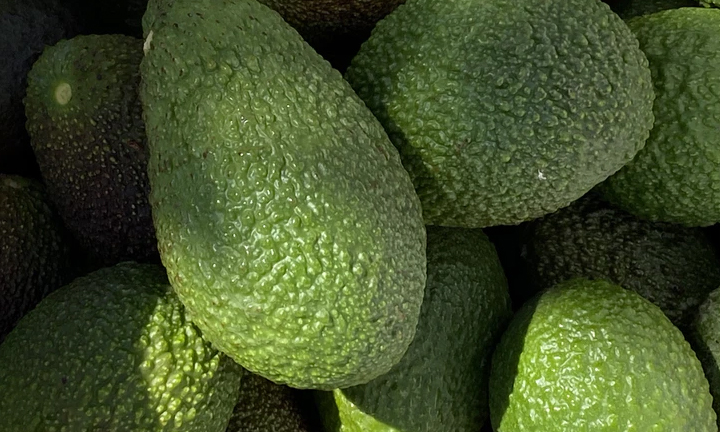SOURCE: Tom Joyce, Fruitnet
Since avocados are a water-intensive crop, growing them where there are no other competing water demands is critical, according to Kenyan avocado producer and exporter Kakuzi. If not, the company states, criticism will always be levelled at the fruit as “green gold causing environmental havoc”.
To reverse the adverse effects to the environment and address climate change more generally, Kakuzi said it had invested heavily in rainwater harvesting, storage and responsible water use within its avocado orchards.
“By managing large areas of land as environmental water catchments and constructing earth dams, Kakuzi is able to irrigate the 900ha of avocado orchards by using only the rainwater captured during the five-month wet season,” the firm stated. “A further 400ha of macadamia orchards are also irrigated using the same water harvesting method.”
The farm is located in a semi-arid area of Makuyu in Murang’a County and yet, according to the company, due to significant investments in water capture and efficient irrigation technology, competition for water is no issue.
According Kakuzi, a micro-climate exists within the heavily shaded orchards, where a thick layer of fallen dried leaves and chippings helps retain water in the soil through mulching, protecting from evaporation and reducing the need for nitrogen fertilisers.
“The company is cognisant of the potential avocados have to cause water stress and negatively impact the environment, and therefore works diligently to identify these impacts in order to manage them responsibly,” Kakuzi stated. “One of the key steps Kakuzi has taken is adopting relevant Sustainable Development Goals into its agricultural practices.
“Key to avocado farming and sustainable water practices are SGD 6 and SDG 13, which guide Kakuzi to ensure sustainable management of water resources, wastewater and ecosystems, and acknowledge the importance of an enabling environment. The company has also integrated climate change measures.”
The farm has established 19 earth dams to harness rainwater, which are divided into holding and irrigation dams, with a total capacity of 12m cubic metres.
To ensure every drop counts, Kakuzi uses micro-sprinklers for irrigation, and to determine the exact water deficit, the company relies on weather data, tensiometers and readings from the evaporation pans.
“This information is then interpreted by the local technical team, led by Grace Njeru, to determine the irrigation requirement for a particular orchard,” the company revealed. “A micro-sprinkler ensures delivery of the exact amount of water required by a particular plant. For instance, for a young avocado tree plant between one and three years, the micro-sprinkler will ensure that water is only spread where the roots are and does not spread where the roots cannot reach. Water needs per tree are guided by specific readings.”

